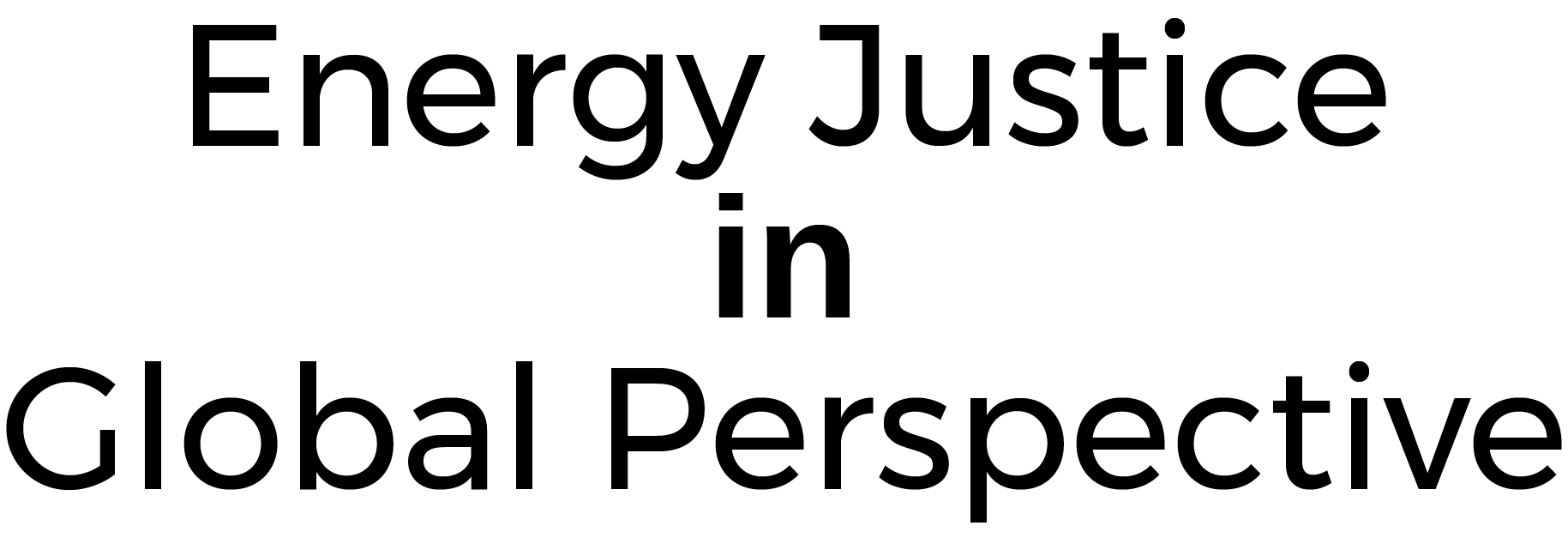The Mellon Sawyer Seminar on Energy Justice in Global Perspective has produced a number of projects related to energy justice in California and beyond. For a sampling of the work produced by the seminar, visit the following sites:
- A Field Guide to Oil in Santa Barbara: A digital archive and map created by the graduate students in the fall Sawyer Seminar under the supervision of Postdoctoral Fellow Emily Roehl; documents the history of oil in Santa Barbara County to mark the 50th anniversary of the 1969 Santa Barbara oil spill.
- Energy Justice Activism: The graduate fellows of the Mellon Sawyer Seminar (Jéssica Malinalli Coyotecatl Contreras, Sage Gerson, Theo LeQuesne) researched and wrote features on local energy justice struggles; graduate students in the spring Sawyer Seminar are partnering with organizations involved in these struggles to produce collaborative scholar-activism.
- The Mellon Sawyer Seminar was also featured on the Cultures of Energy Podcast. The podcast hosts, Cymene Howe and Dominic Boyer, joined the seminar for the final symposium of the year, Re-centering Energy Justice (May 9-10, 2019), and spoke with the seminar faculty and postdoctoral fellow about their work across the year. Listen to the conversation here.
_____
The Energy Justice in Global Perspective 2018-19 Mellon Sawyer Seminar will develop new critical and creative research practices in energy justice by building on emergent work in the humanities and interpretive social sciences, and concentrating on various forms of energy and on some of the places where the problems and possibilities of energy justice are most pressing. A major way our seminar expands on foundational examinations of energy, society, and culture is by proceeding from the conviction that movements, practices, and debates among indigenous communities worldwide and societies of the Global South are central and not auxiliary to understanding humanity’s deep embroilment with carbon-based energy. We will foreground modes of knowledge production, expertise, cultural production, and advocacy from these communities and societies while at the same time redoubling the commitment of energy humanities scholarship to participatory, distributive, epistemic, and recognition justice.
In this Sawyer Seminar, we will ask, investigate, and analyze: In what ways are particular communities disproportionately affected and ignored? What are the myriad entrenched formations through which such injustices are perpetuated? And, how can the scholarly analysis of alternate energy narratives contribute to the revelation and reduction of social and ecological inequities? We will do so by organizing our year-long collaboration around three themes that have often been rendered invisible. We will move away from such univocal or simplistically dichotomous idealized/dystopian visions of futurity and topdown/grassroots frameworks by highlighting questions of voice and the distribution of benefits and ills across members of society. This involves hearing the narratives that indigenous and other communities tell; communities that, however impoverished, marginalized, and adversely impacted, have much to teach us about the multiple and often opaque ways in which our lives are imbricated in complex energy systems and pressured by vested interests.
To realize these goals, our three-part seminar will be organized around three distinct yet interconnected themes, each characterized as a “turn” in interdisciplinary scholarship on energy: (1) the epistemological turn that interrogates how entanglements with largely invisible energy systems and substances are intrinsic to modern life at all scales, from cells to cities; (2) the infrastructural turn that illuminates co-productions between built environments and the workings of technology, media, and culture; and (3) the participatory turn that champions the voices of impacted communities and citizens in the deliberations on and implementation of energy decisions. Many of the issues encompassed by what we are identifying as the three turns have been discussed by environmental justice scholars with regard to political, social, economic, and environmental reform; certainly, reforming how our institutions consider non-technocratic epistemologies, evaluate infrastructures, and conduct participation are key pathways towards more just and equitable societies. However, utopian and dystopian energy narratives, found in policy and literature, tend to render these sites of contestation invisible by relying on simple or binary epistemologies, projections of one best infrastructure, and closing down spaces and forms of participation.
The faculty members, postdoctoral scholar and graduate students who are organizing this seminar will invite and engage with leading scholars from the humanities and interpretive social sciences, with an emphasis on those working on environmental justice matter from feminist, indigenous and Global South, and anti-racist perspectives. The objective of our seminar programs is to generate transdisciplinary and critical discussions that foster innovative projects and publications to critically examine energy histories and futures. In short, our Sawyer Seminar is committed to understanding how social actors with urgent interests in energy justice are participating in energy debates and engaging with energy infrastructures, and how their—and our—dedication can help redefine cultural norms, discourses, dependencies, and possibilities going forward.
Energy Justice in Global Perspective is a 2018-2019 Mellon Sawyer Seminar funded by the Andrew W. Mellon Foundation.

